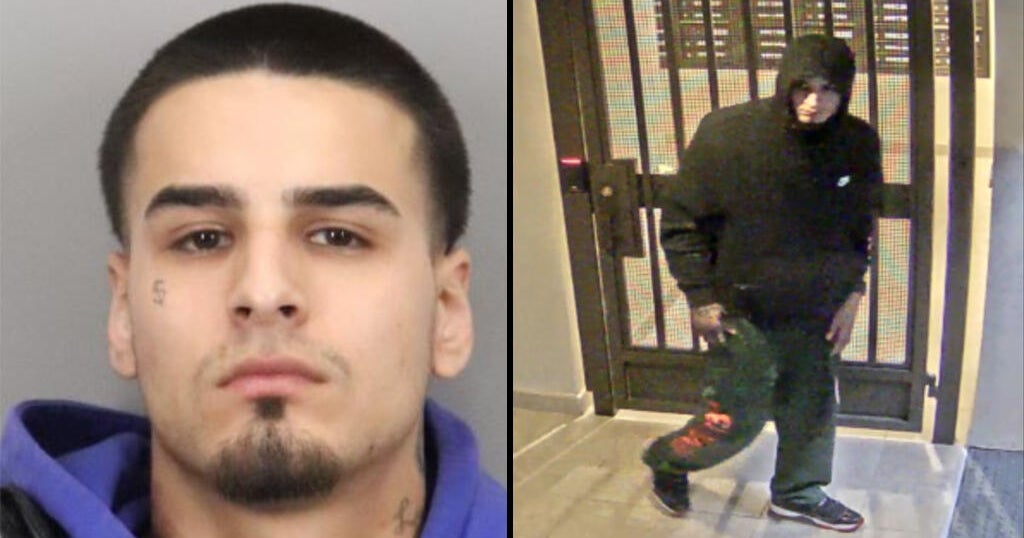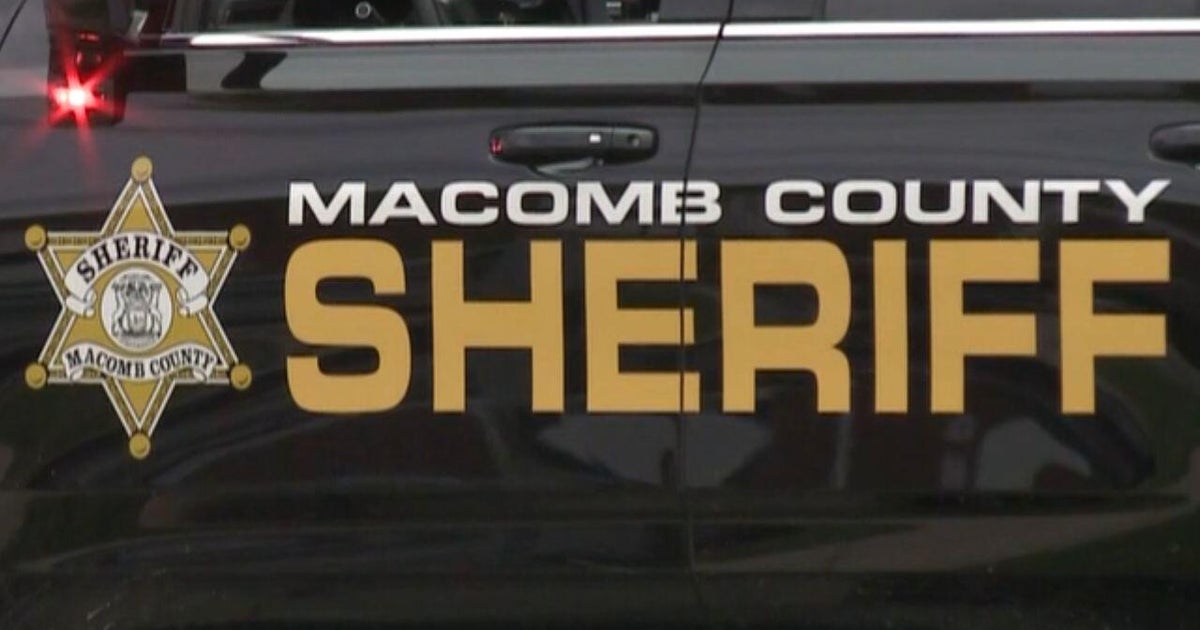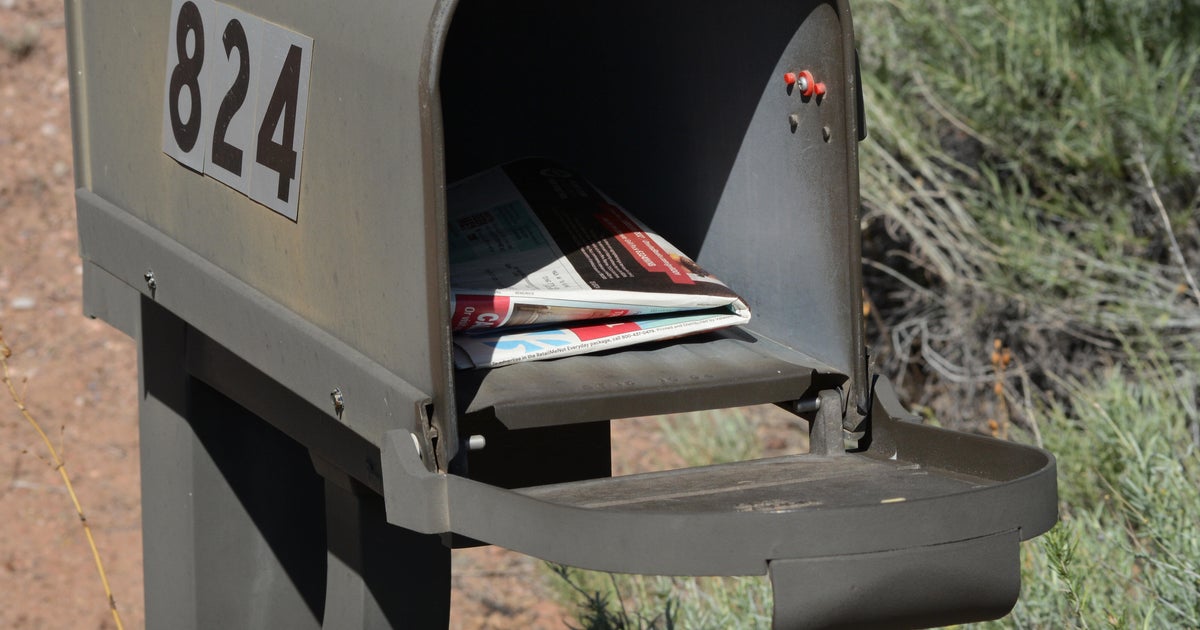Stiffer penalties for smash-and-grab retail thefts signed into law in California
Smash-and-grab retail thefts that result in major damage to businesses will bring longer sentences in California after Gov. Gavin Newsom signed a bill into law Thursday.
Assembly Bill 1960, authored by Speaker Robert Rivas (D-Salinas), mandates enhanced sentences for people convicted of taking, damaging, or destroying property valued at over $50,000 during the commission of any felony, including retail theft.
The bill also targets large-scale fencing operations, and the enhanced sentences will also apply to those who receive or resell stolen property. In a press statement Thursday morning, Newsom said the new law joins other recent legislation giving California some of the strictest retail and property crime laws in the nation.
"We can be tough on crime while also being smart on crime - we don't need to go back to broken policies of the last century," said Newsom. "Mass incarceration has been proven ineffective and is not the answer - we need true accountability and strategies that enhance our nation-leading efforts to address crime. I thank Speaker Rivas for his leadership in strengthening law enforcement tools in California."
Last month, Newsom signed a package of bills Friday targeting organized retail theft and property crimes that included stricter punishments for repeat offenders. Rivas' bill was characterized as the final piece of the legislative package.
"Violent 'sledgehammer crimes' and flash-mob attacks by organized gangs must stop now. I authored this new law to hold appropriately responsible those who damage stores and property, because our business owners and workers should not have to live in fear that these crimes will come to their doorstep," said Rivas in a prepared statement.
According to the Governor's Office, California has the 10th toughest threshold nationally for prosecutors to charge suspects with a felony, $950. Forty other states require higher dollar amounts for suspects to be charged with a felony, including Texas ($2,500), Alabama ($1,500), and Mississippi ($1,000), the office said.







